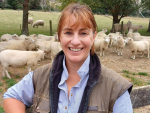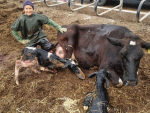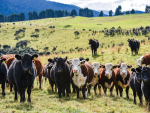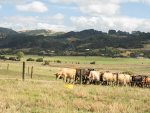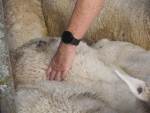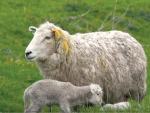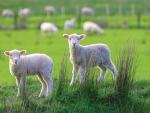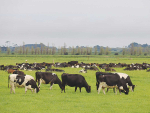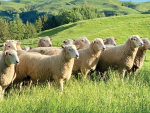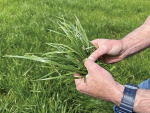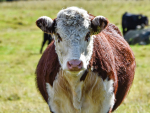
This is the third in a series of articles from Beef + Lamb New Zealand's Informing New Zealand Beef programme. The seven-year INZB partnership, supported by Beef+Lamb New Zealand and the Ministry for Primary Industries' Sustainable Food and Fibre Futures fund, aims to boost the sector's profits by $460m.
Beef + Lamb New Zealand (B+LNZ) is calling on farmers from all regions to take part in the final season of the Sheep Poo Study aiming to build a clearer picture of how facial eczema (FE) affects farms across New Zealand.
New Zealand is closer to eradicating bovine TB than ever before, but possums remain a threat, says Beef + Lamb New Zealand.
The first calves of a new crossbred dairy-beef offering are now on the ground at a Pamu (Landcorp) farm near Taupo.
This is the second in a series of articles from Beef + Lamb New Zealand’s Informing New Zealand Beef programme.
Reecently Beef + Lamb New Zealand hosted a webinar giving farmers an update on findings from the Sheep Poo study, featuring Dr Cara Brosnahan and vet Ginny Dodunski. This study, which is entering its final year, is a key part of the Eliminating Facial Eczema Impacts (EFEI) programme and is…
Sow the right chicory this spring, and even if the season turns dry, you’ll still be able to give your animals leafy green summer grazing that’s good for both them and your bottom line.
Planning, feeding, a robust animal health programme and the right genetics are the critical factors in a successful heifer mating programme.
This is the first in a series of articles from Beef + Lamb New Zealand's Informing New Zealand Beef programme. The seven-year INZB partnership, supported by Beef + Lamb New Zealand and the Ministry for Primary Industries' Sustainable Food and Fibre Futures fund, aims to boost the sector's profits by…
OPINION: When it comes to biosecurity, we often hear about the end of a response, but it’s the beginning that helps determine our success.
Beef + Lamb New Zealand says it is seeing strong farmer interest in its newly launched nProve Beef genetics tool, with early feedback and usage insights confirming its value in helping farmers make better breeding decisions and drive genetic improvement in New Zealand's beef herd.
» Latest Print Issues Online
The Hound

Bulldust!
OPINION: Here w go: the election date is set for November 7 and the politicians are out of the gate…
No good news?
OPINION: ECan data was released a few days ago showing Canterbury farmers have made “giant strides on environmental performance”.




